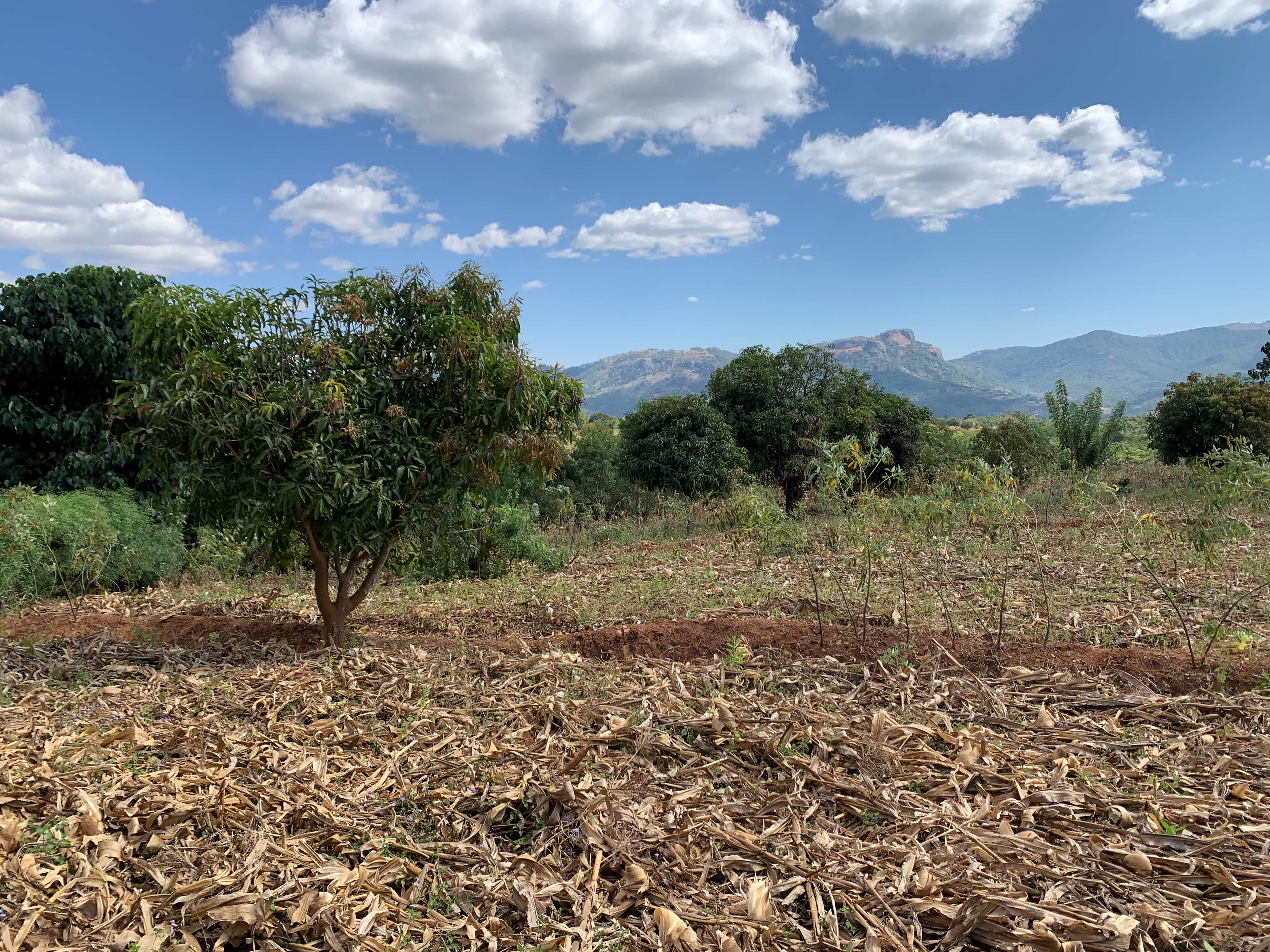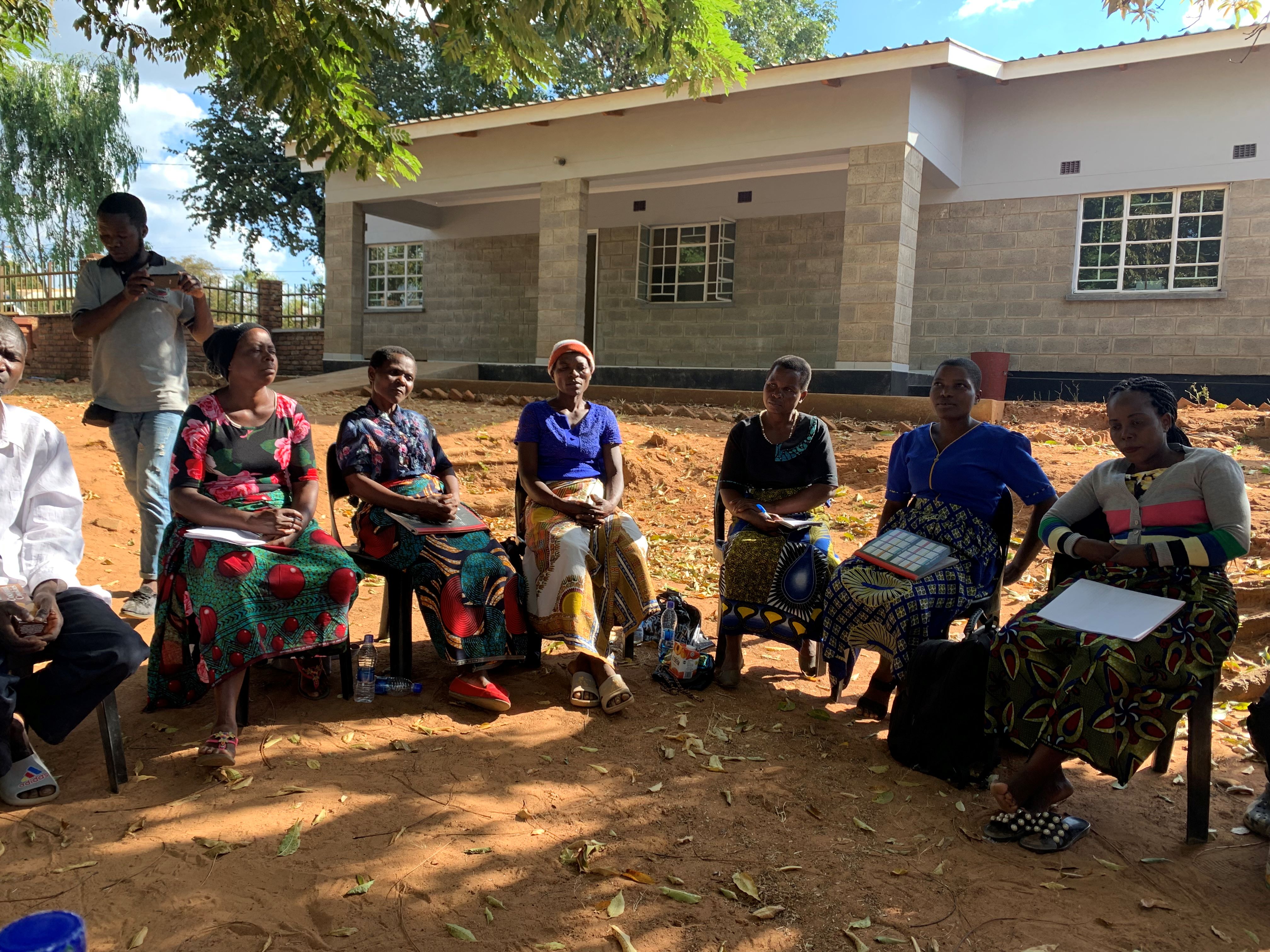
Building Resilience: Assessing the Impact of FAO's Climate Action Project in Sub-Saharan Africa
17/07/2023
The Food and Agriculture Organization (FAO) has launched the Four-Year project on “Promoting coherence between disaster risk reduction, climate action and social protection in Sub-Saharan Africa”, targeting 2,400 farmers residing in the Neno and Mwanza districts of southern Malawi. The project's primary objective is to strengthen the capacities of national government institutions, local authorities, and farming communities to cope with the adverse impacts of climate change while simultaneously increasing food and nutrition security and enhancing the resilience of poor and vulnerable farmers. At community level, the project is implemented through the farmer field school (FFS) approach and delivered through 80 FFS groups located in 74 villages. By empowering farmers with training, grants, and support, the FAO aims to improve their resilience and ability to adapt to the changing climate. The FFS approach emphasizes sustainable farming practices and the adoption of Climate Smart Agriculture techniques.

In June and July 2021, the FAO conducted baseline data collection, gathering information from 1,993 households, representing 9,195 individuals, and conducted 102 community-level surveys in the Neno and Mwanza districts. This included 77 villages receiving FFS support from the project and 25 villages serving as a comparison group.
To ensure a transparent and independent impact evaluation, the FAO issued a tender and selected a service provider for the follow-up data collection, which took place in June 2023. A mission from FAO HQ supported the training of enumerators and the pilot survey while carrying out focus group discussions and key informant interviews with the FFS master trainers and community-based facilitators. The data cleaning and analysis are currently ongoing. The evaluation will assess the effectiveness of the project against its stated objectives and outcomes.

